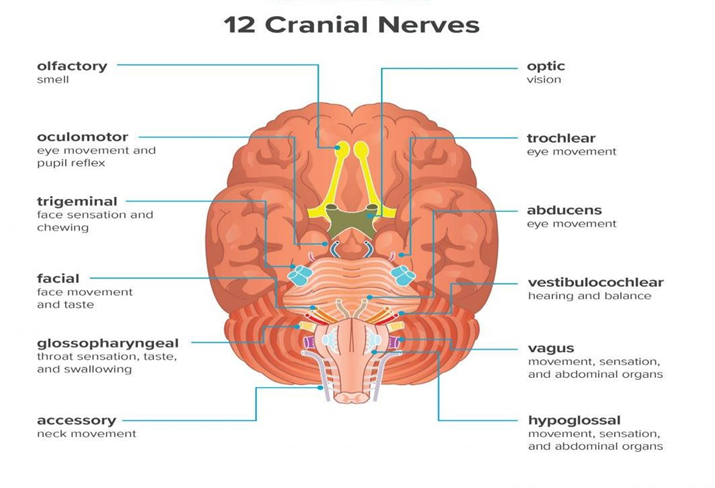A home health nurse is assessing a client who has pernicious anemia. Which of the following is an expected manifestation that poses a risk to the client's safety?
Loss of hearing
Muscle wasting
Paresthesia
Changes in vision
The Correct Answer is C
C. Paresthesia, or abnormal sensations like tingling, numbness, or burning, is a common neurological manifestation of pernicious anemia due to damage to the peripheral nerves caused by vitamin B12 deficiency. Paresthesia can affect balance and coordination, increasing the risk of falls and injuries, and thus posing a risk to the client's safety.
A. Loss of hearing is not typically associated with pernicious anemia.
B. Muscle wasting is not a typical manifestation of pernicious anemia. However, weakness and fatigue are common symptoms due to anemia resulting from decreased oxygen-carrying capacity of the blood.
D. While changes in vision can impact the client's safety, they are not as directly associated with pernicious anemia as paresthesia, which affects mobility and balance.
Nursing Test Bank
Naxlex Comprehensive Predictor Exams
Related Questions
Correct Answer is C
Explanation
C. The vestibulocochlear nerve is responsible for both the vestibular function and the cochlear function. Impaired function of the vestibulocochlear nerve could result in symptoms related to vestibular dysfunction, such as disequilibrium (feeling unsteady or off balance) especially with movement.

A. The olfactory nerve (cranial nerve I) is responsible for the sense of smell.
B. Loss of peripheral vision is typically associated with impairment of the optic nerve (cranial nerve II), which is responsible for vision.
D. Deviation of the tongue occurs in injury to the hypoglossal nerve.
Correct Answer is D
Explanation
D. A thrill is a palpable vibration or buzzing sensation felt over the graft site, caused by turbulent blood flow. In the context of an arteriovenous graft, a palpable thrill is typically considered a positive finding, indicating adequate circulation through the graft. It suggests that blood is flowing smoothly from the arterial to the venous side of the graft.
A. The presence of a bruit is typically considered a positive finding, indicating adequate blood flow through the graft. Therefore, the absence of a bruit may indicate inadequate circulation or a potential complication such as graft occlusion or stenosis.
B. Normal blood pressure is not a specific indicator of the adequacy of circulation through an arteriovenous graft.
C. A dilated appearance of the graft may suggest venous hypertension or increased pressure within the graft. While this could indicate adequate blood flow, it may also suggest problems such as venous stenosis or thrombosis, which can impede circulation through the graft.
Whether you are a student looking to ace your exams or a practicing nurse seeking to enhance your expertise , our nursing education contents will empower you with the confidence and competence to make a difference in the lives of patients and become a respected leader in the healthcare field.
Visit Naxlex, invest in your future and unlock endless possibilities with our unparalleled nursing education contents today
Report Wrong Answer on the Current Question
Do you disagree with the answer? If yes, what is your expected answer? Explain.
Kindly be descriptive with the issue you are facing.
